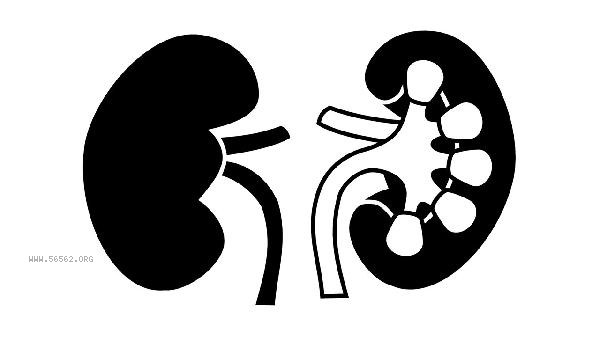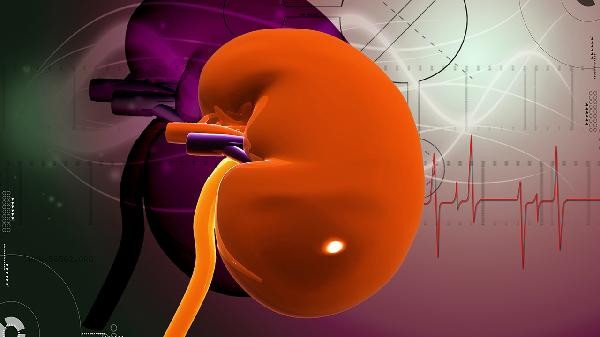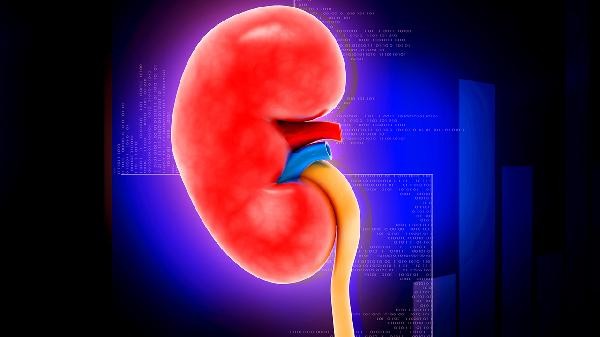Elevated creatinine and normal blood urea nitrogen levels usually indicate mild impairment of renal function or non renal factors, mainly due to physiological dehydration, vigorous exercise, high protein diet, early decline in glomerular filtration rate, and drug side effects.

1. Physiological dehydration: Insufficient water intake or excessive sweating can lead to blood concentration, with creatinine as a relative increase in muscle metabolite concentration, while urea nitrogen is more significantly affected by protein metabolism and liver synthesis. After short-term hydration, creatinine can return to normal without the need for special treatment.
2. Effects of intense exercise:
High intensity anaerobic exercise accelerates muscle phosphocreatine breakdown and increases creatinine production in the short term. Athletes or fitness enthusiasts may experience a transient increase in creatinine, which usually recovers on its own within 48 hours. It is recommended to avoid vigorous exercise before testing. 3. High protein diet: When the daily protein intake exceeds 1.5 grams per kilogram of body weight, creatinine production increases but urea nitrogen may still be within the normal range. Follow up 2-4 weeks after adjusting the dietary structure, long-term high protein diet may increase the burden on the kidneys.
4. Decreased glomerular filtration rate:
During early renal function impairment, the glomerular filtration rate is slightly reduced, and creatinine is more sensitive than urea nitrogen. May be accompanied by increased nocturia and microalbuminuria, and further evaluation is required through cystatin C or renal dynamic imaging.

5. Drug factors:
Some antibiotics such as cephalosporins and trimethoprim can competitively inhibit renal tubular creatinine secretion, leading to a false increase in serum creatinine. Normally, normal recovery occurs within one week after discontinuation of medication, and renal function changes need to be monitored during the medication period.
It is recommended to maintain a daily water intake of at least 2000 milliliters, prioritize high-quality protein such as fish and eggs, and control red meat intake to no more than 500 grams per week. Aerobic exercises such as brisk walking and swimming can promote metabolism and avoid the use of nephrotoxic drugs. If creatinine continues to exceed the upper limit of normal by 20% or is accompanied by symptoms such as edema and fatigue, it is necessary to complete urine routine and renal ultrasound examinations. Regularly monitor blood pressure and blood sugar. Patients with diabetes and hypertension should control glycosylated hemoglobin below 7% and maintain blood pressure within 130/80mm Hg.










Comments (0)
Leave a Comment
No comments yet
Be the first to share your thoughts!